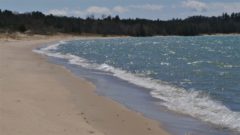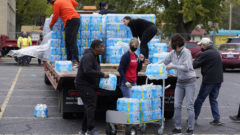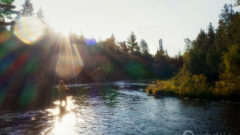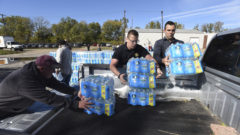New owners hold on to pandemic pets
The peak of the pandemic brought unfamiliar free time that led many people to adopt a pet. As life returns closer to normal and in-person activities resume, these new owners continue to embrace their pandemic pets.
The post New owners hold on to pandemic pets first appeared on Great Lakes Echo.Great Lakes Echo
http://greatlakesecho.org/2021/11/10/new-owners-hold-on-to-pandemic-pets/

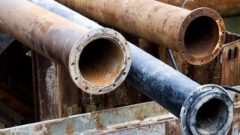

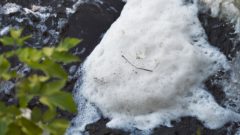

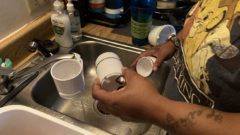
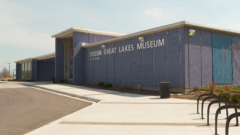

 The first episode features Craig Hoopman, a sixth-generation commercial fisherman from Bayfield, Wisconsin. Hoopman shares his beginnings in the business, current challenges, plus his dreams for the future. Also, Eat Wisconsin Fish Outreach Specialist Moen and Science Communicator Zhuikov share their backgrounds in fishing and introduce listeners to the Eat Wisconsin Fish campaign. During the “Fish-o-licious” part of the show, they cook
The first episode features Craig Hoopman, a sixth-generation commercial fisherman from Bayfield, Wisconsin. Hoopman shares his beginnings in the business, current challenges, plus his dreams for the future. Also, Eat Wisconsin Fish Outreach Specialist Moen and Science Communicator Zhuikov share their backgrounds in fishing and introduce listeners to the Eat Wisconsin Fish campaign. During the “Fish-o-licious” part of the show, they cook 